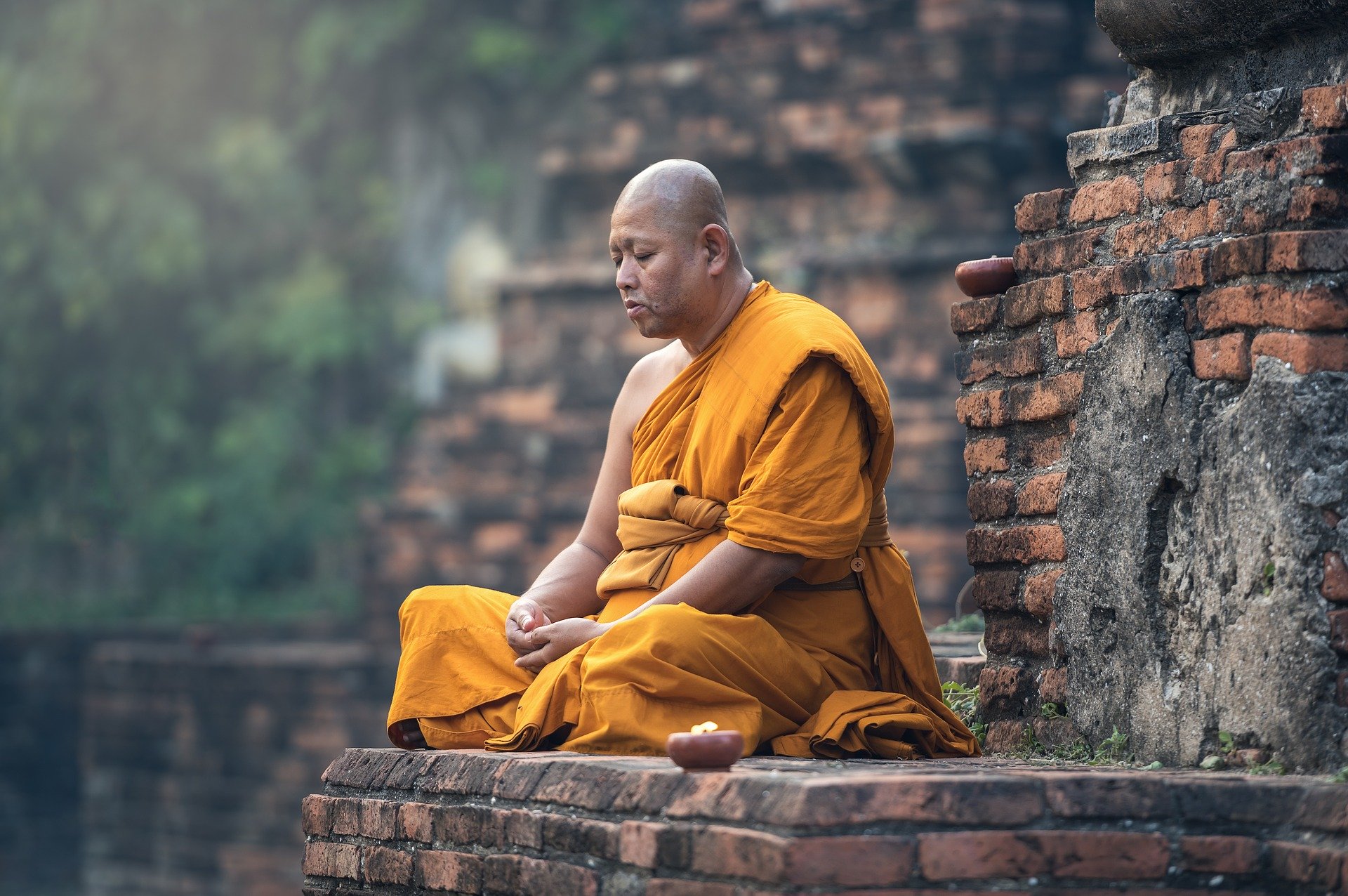Why Meditation
From my experience more people ask how meditation than why meditation. Why is a loaded word because it is asking our belief. However, in almost every religion and philosophy I’ve looked at, and observing the universe, stillness has a part to play, and meditation cultivates stillness.
From the limited books I’ve read on Taoism, you could probably insert Contemplation in here for Meditation. In the form of Buddhism I practised, they consider chanting as a Meditation. Having said all that, Guatama Buddha (Shakyamuni) – the first know Buddha, is quoted as saying, ‘Meditate… do not delay, lest you later regret it.’ I can say from the daily meditations in my ashram days, to the most basic Law of Attraction advice, without any doubt, Meditation is a Must!
More Ways Than One
Whichever way you choose do it, it will help you to find a way to meditate daily for at least 10 minutes. 20 is better and so is twice a day, but these are choices. The idea is to learn to control/focus your mind to the point of stillness, where your cork can float without your conscious mind (that voice in your head) getting involved. Consider for a moment all the magical things you can think of: flowers opening, the snows melting, fireflies, the moon rising – all of this coding is arrived at in the stillness, without a word. The magic and majesty of the universe happens all by itself without a single thought to guide it. And the amazing life cycles of our varied wildlife happen without anyone telling anyone anything – this is why meditation. It’s good to cultivate stillness.
The other form of meditation of course is any activity that consumes all your mental attention. This was popularised in the Zen and the Art of Motorcycle Maintenance book – where total absorption became therapy (and love). You can apply this to any of your passions, and is in some ways the basis of mindfulness. Being totally in the present moment is a why meditation answer.
All the power you possess (which is considerable) will not get the chance to fully manifest until you have the stillness to allow that greater part of you (your Buddhahood, Higher Self, Source) to work through you and inform you. It’s like trying to work in a noisy café – it’s possible, but is it your best work and has it taken longer than expected because of the distractions? Did you miss writing down that brilliant idea that just popped into your mind that summed up your chapter because someone dropped a tray?
In Practice
The easiest way to do this for people new to meditation is to have an object of focus that has no emotional content at all (a mantra, your breathing, the sound of the air-conditioner/central heating, the traffic etc.). If you ensure that you don’t create any meaning/judgement/opinion/position on it, you should be fine. Be patient with yourself. You’ve been listening to that idiot in your head for X years, so switching him/her off will take a few goes. This is like anything, it takes practice.
I’ve been meditating on and off (much more on these last few years) for 45 years and I believe it has kept me connected when I could have floated away (I mean that). And if it’s good enough for Buddha, the Dalai Lama, The Christ and Esther Hicks, its good enough for me.
Go here for a number of meditation techniques that will help.
More soon…



